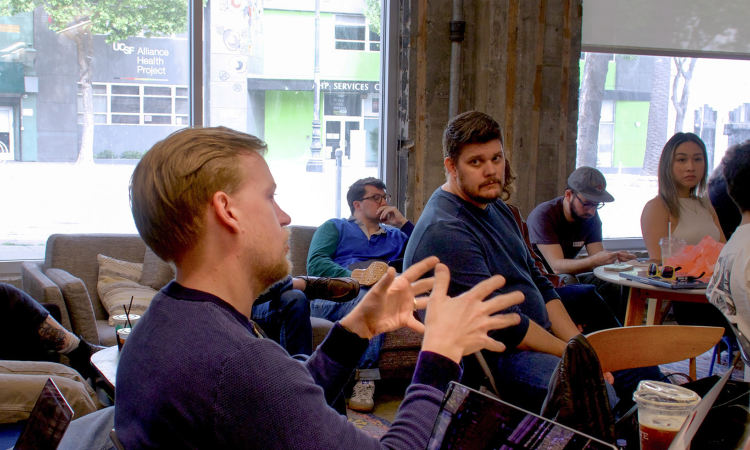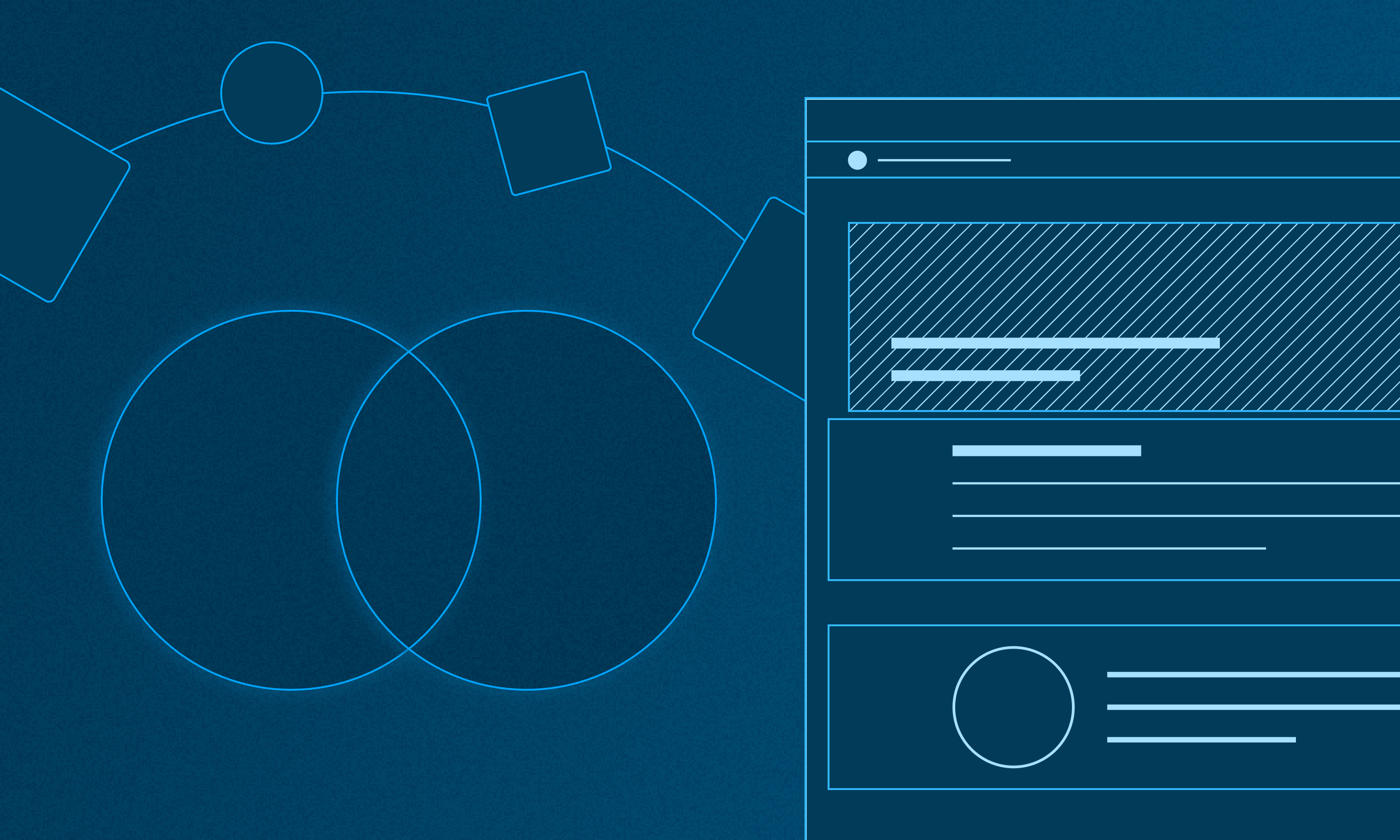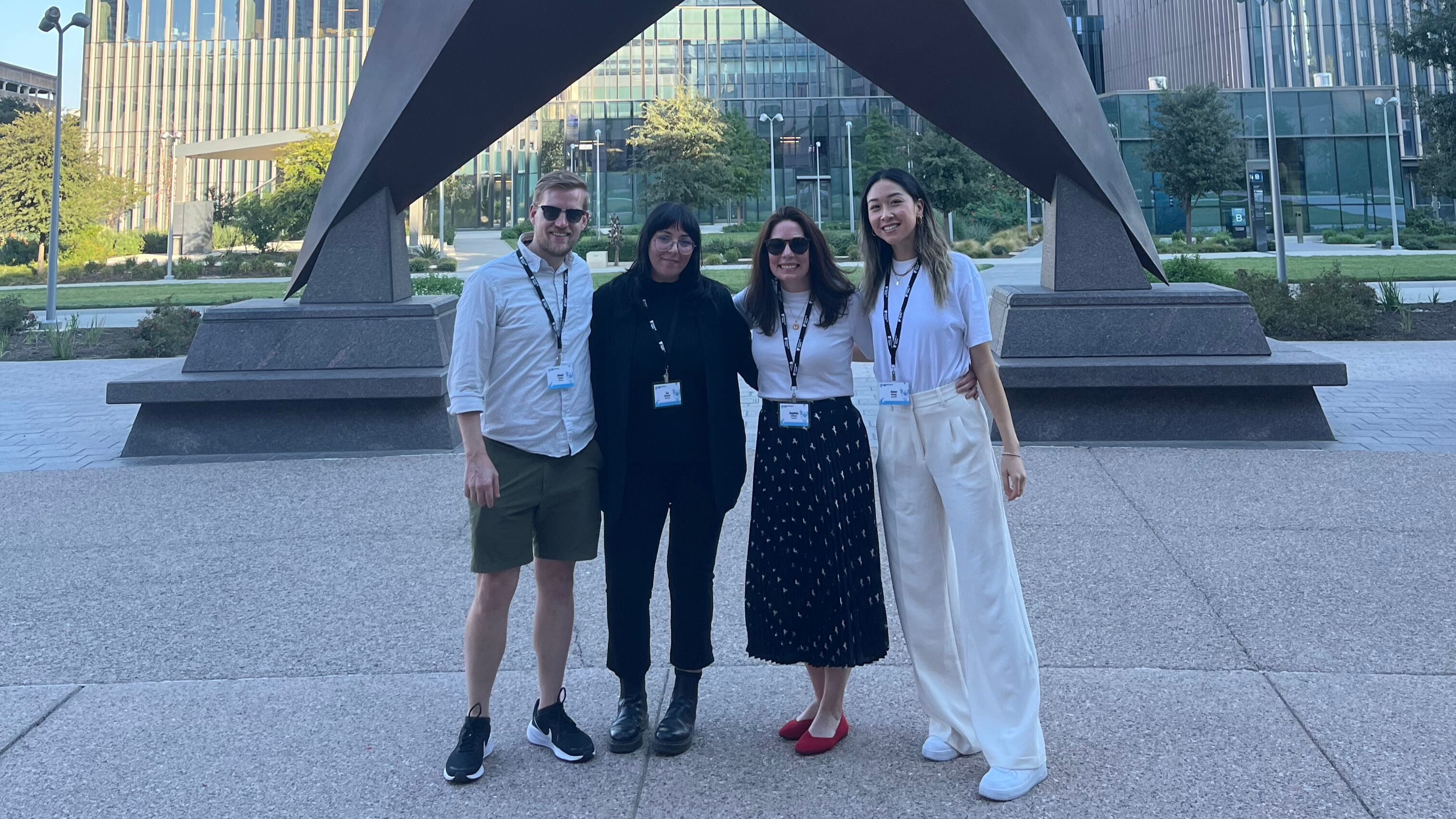“How did they even do this?!”
As someone with a relentless PM brain, this is a thought I have pretty often while exploring the world around me. I wouldn’t go so far as to call it an affliction, but it does get me lost in thought all the time about logistics and project management.
As an example, while living in New York, I drove across the Verrazzano-Narrows Bridge at least once a month (not a great place to get lost in thought, if we’re honest), and every time, I was struck by the feat of it. The Verrazzano Bridge was built between 1959–1964. It has a main span of 4,260 feet and sits an average of 228 feet above the water, giving it the honor of the longest main span in the western hemisphere and the 18th-longest bridge in the world.
At the time it was built, we didn’t have AI. We didn’t have digital project management tools, no complex CAD software to double-check our work — we had people. People with really specific sets of skills, and no I’m not talking about the hit 2009 film ‘Taken’. I’m referring to skills that help scaffold a project from end to end, and someone to help bring it all together.







